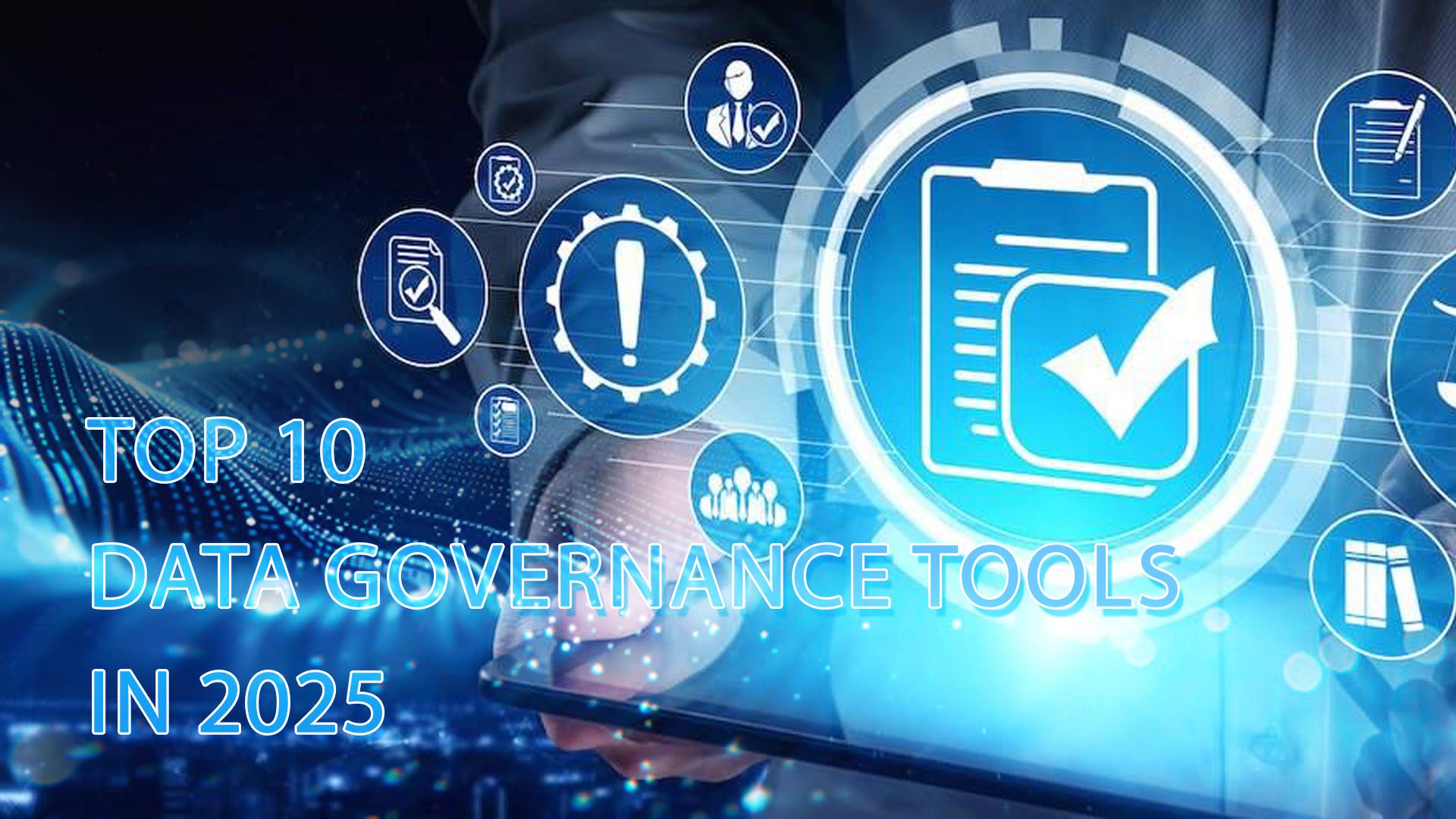Many of your businesses are stuck in paper because managing, storing and securing physical documents is taking up too much time and money. Therefore, professional document scanning services are the solution that many businesses trust to help them operate more efficiently and securely.
Introduction: The Shift from Paper to Digital
Document scanning services are becoming more important as businesses are gradually realizing that relying on paperless office processes brings a clear competitive advantage. Specifically, many businesses have realized that traditional paper document management is increasingly showing many weaknesses. Searching for a specific piece of information in millions of files always reduces productivity and wastes time.
In addition, paper documents are always susceptible to damage, loss, or complete destruction due to external factors such as fire, flood, insects, or simply due to the negligence of the records manager. Paper records themselves also create a major barrier when flexible working solutions (hybrid work) are becoming more popular.
The process of document digitization will not simply be a backup of documents, but will turn them into digital assets that can be accessed, analyzed, and shared.
What Are Document Scanning Services?

Document scanning services is the process of using modern technology and scanning equipment to convert physical documents (such as paper, contracts, drawings, medical records) into digital formats (usually PDF, TIFF, or JPEG).
A complete document digitization services project will include a rigorous and complex process to ensure the quality and usability of the output data, including the following steps:
- Reception and preparation: Documents will be safely transported to the processing facility. Here, a team of experts will perform the document preparation step: carefully remove all clips, staples, and ties; flatten wrinkled or folded pages; sort documents into batches based on type, size, condition, or security requirements. Documents that are too old, torn, or have poor ink quality will be specially treated to ensure the best readability after scanning.
- Scanning: This step will use high-speed industrial scanners, converting documents into high-resolution digital images. These scanners are capable of processing tens of thousands of pages per day. Automated technologies such as barcode recognition can also be used to automatically classify and name files.
- Data extraction & indexing: OCR technology will be applied in this step to convert scanned images (which are just photos) into text. For advanced document digitization services, ICR or AI technology is also used to automatically read and extract structured data from documents (e.g., contract number, customer name, date, total amount) and attach metadata to each file.
- Quality check: The system will re-check each scanned image to ensure clarity, no missing pages, no skew, and the extracted data is accurate.
- Handover: Data – in digital form – will be handed over to the customer via a secure channel (e.g., encrypted hard drive, SFTP) or imported directly into the customer’s document management system (DMS) or ERP.
Types of Document Scanning Services
Not all documents are the same, and each business’s digitization needs are different. Depending on the type of document, volume, and end-use, document digitization service providers will have a variety of scanning services to meet specific needs.
Bulk Document Scanning

Bulk document scanning is the most common type of service, designed for organizations that have accumulated a huge amount of paper documents over the years. These can be personnel records, medical records (in the medical industry), legal documents (contracts, court records), technical documents (technical drawings), insurance records, or long-term archives of government agencies.
This type of service will use high-capacity industrial scanners, capable of processing thousands of pages per hour. Financial, insurance, and healthcare organizations are often the largest customers for this service due to strict legal regulations on how long records should be kept.
For example, a hospital needs to digitize millions of old medical records so that doctors in different departments can access patient histories, instead of having to wait for paper records to be sent from a central repository. Similarly, a law firm needs quick access to old case files for reference.
Invoice Scanning
Invoice scanning is a specialized and increasingly popular form of all document scanning services, focusing on digitizing and automatically extracting data from invoices, receipts, and other financial documents. Accounting departments in every business often have to work with thousands of invoices each month. Manually entering this information into accounting software is not only time-consuming but also prone to errors, leading to late or incorrect payments.
Invoice scanning services are the first step towards AP Automation. When invoices arrive, they are scanned and digitized. Smart software that integrates OCR and AI will then automatically read and identify to extract important data fields such as: Supplier Name, Tax Code, Invoice Number, Invoice Date, Total Amount, VAT Amount…
This data is then automatically compared with the purchase order and receipt in the ERP system. If everything matches, the invoice will be automatically approved and entered into the payment schedule. If there is a discrepancy, it will be automatically transferred to the authorized person for processing.
>>> Read more: Top 7 Document Scanning Software for Businesses
Book Scanning

Book scanning will require specialized equipment to handle bound documents (such as books, magazines, accounting books, registers) without damaging them. Unlike scanning loose documents (which can be done with an ADF scanner), scanning books absolutely does not remove the spine of the book, especially with documents that are no longer mass produced.
This process uses a flatbed scanner or planetary scanner. Planetary scanners shine light from above and use high-quality camera sensors to capture images of the book pages without physical contact, keeping the spine of the book safe. This is especially important for historical documents, ancient books, rare manuscripts, or legal books that need to be preserved in their physical structure.
Libraries, museums, archives, and universities use this service to create digital libraries, thereby giving researchers, students, and the public around the world access to valuable documents without damaging the original.
Benefits of Professional Document Scanning Services
Investing in document scanning services brings strategic, long-term benefits to businesses, let’s look at the specific benefits that top document digitization services bring.
Time-saving

If you try to calculate the time your employees spend each day, each week just doing manual tasks related to paperwork: going to the filing cabinet, searching for a specific document, photocopying, then putting it away. This number can amount to hours per day across the organization.
With documents that have been digitized and indexed properly, finding a specific record (e.g., customer X’s contract from 2018) takes only seconds through a simple search query on the computer, instead of hours of manual searching.
Instead of having administrative or accounting staff spend weeks, even months scanning documents themselves, they can focus on strategic tasks that bring higher value to the business.
Data security
Data security is a top concern for every business. However, paper documents are the least secure form of storage. Paper documents are vulnerable to fire, flood, and theft, which can damage or leak sensitive information.
When converting to data and using document scanning services, important documents are converted to digital format and can be securely stored on encrypted internal servers, on private clouds, or in DMS systems.
Security measures of document digitization include:
- Access control: Detailed permissions can be assigned to who is allowed to view, edit, print, or delete a document. All logs will be recorded for review when an incident occurs.
- Encryption: Data can be encrypted both at rest and in transit, ensuring that even if it is stolen, it cannot be read by bad guys.
- Backup & Recovery: If a disaster occurs at the main office, all paper records may be lost forever. But if they have been digitized and automatically backed up to the cloud or an off-site location, business operations and important data can be restored almost immediately after a disaster.
- Compliance: Compliance with strict data protection regulations (such as GDPR in Europe, HIPAA in the US, or Decree 13/2023/ND-CP of Vietnam on personal data protection) becomes easier. DMS systems allow for automatic retention policies, ensuring documents are stored for a specified period and securely deleted when they expire.
Easy integration with system management documentation

The biggest benefit of document digitization is not the PDF files themselves, but the ability to integrate the data from those files into the business’s existing core systems and workflows.
Modern document scanning services don’t just return a folder full of scanned images to the business. They also provide structured data output, with important business data extracted and metadata included.
This data can be fed directly and automatically into other important systems, including:
- Document Management Systems: Documents are automatically categorized and filed in the right folders, with full metadata for searching.
- Enterprise Resource Planning Systems: Data from scanned invoices can be automatically imported into the accounting module of an ERP (e.g., SAP, Oracle) for quick payment processing.
- Customer Relationship Management (CRM) System: Scanned information from a recently signed customer contract can automatically update the customer profile in the CRM, automatically triggering a customer care or delivery process.
Conclusion
In short, professional document scanning services are the key to businesses escaping the inefficiencies of paper processes. The obvious benefits of time savings, data security and system integration have proven to be a strategic investment, laying the foundation for comprehensive digital transformation solutions. Choosing a reputable document digitization services partner will ensure your document digitization process is handled accurately and securely.
Are you ready to ditch the filing cabinets and tap into the potential of your data? Contact DIGI-TEXX today for a consultation on the leading document digitization solution.
>>> See more: Top 10 Process Documentation Tools You Need to Know


